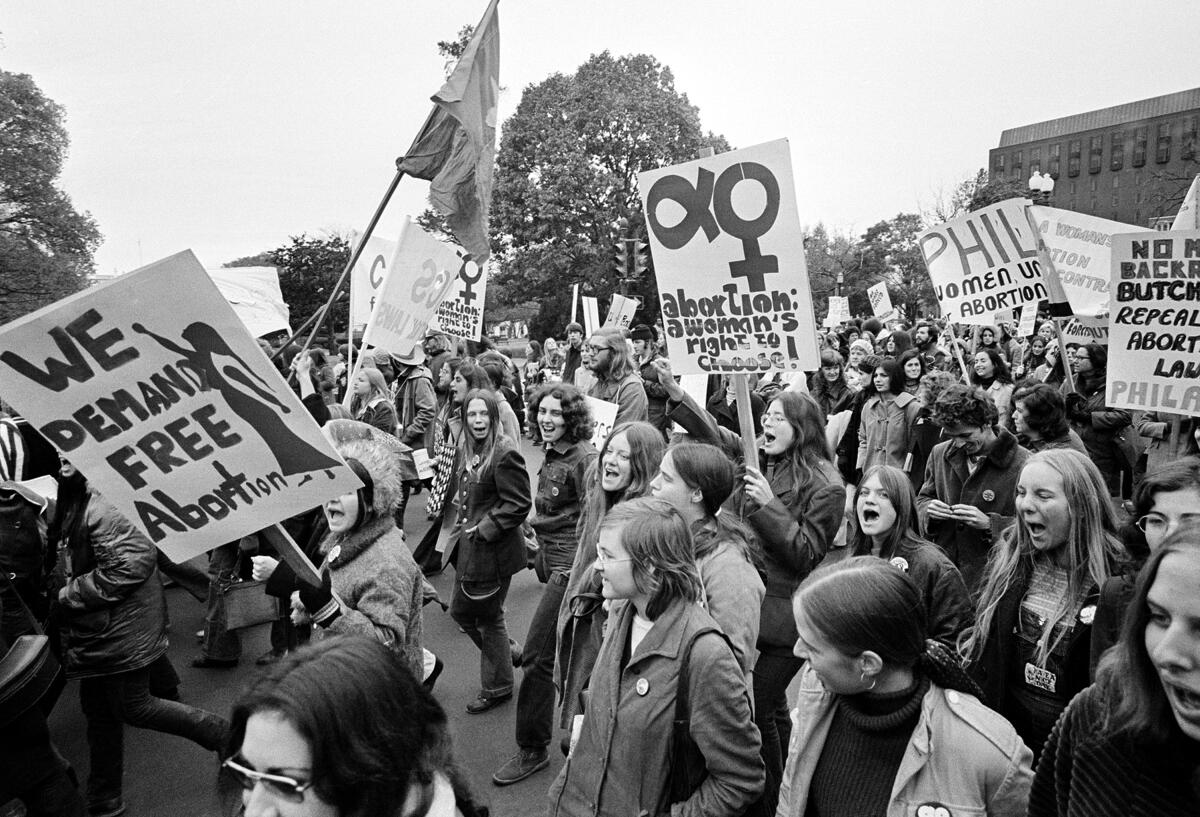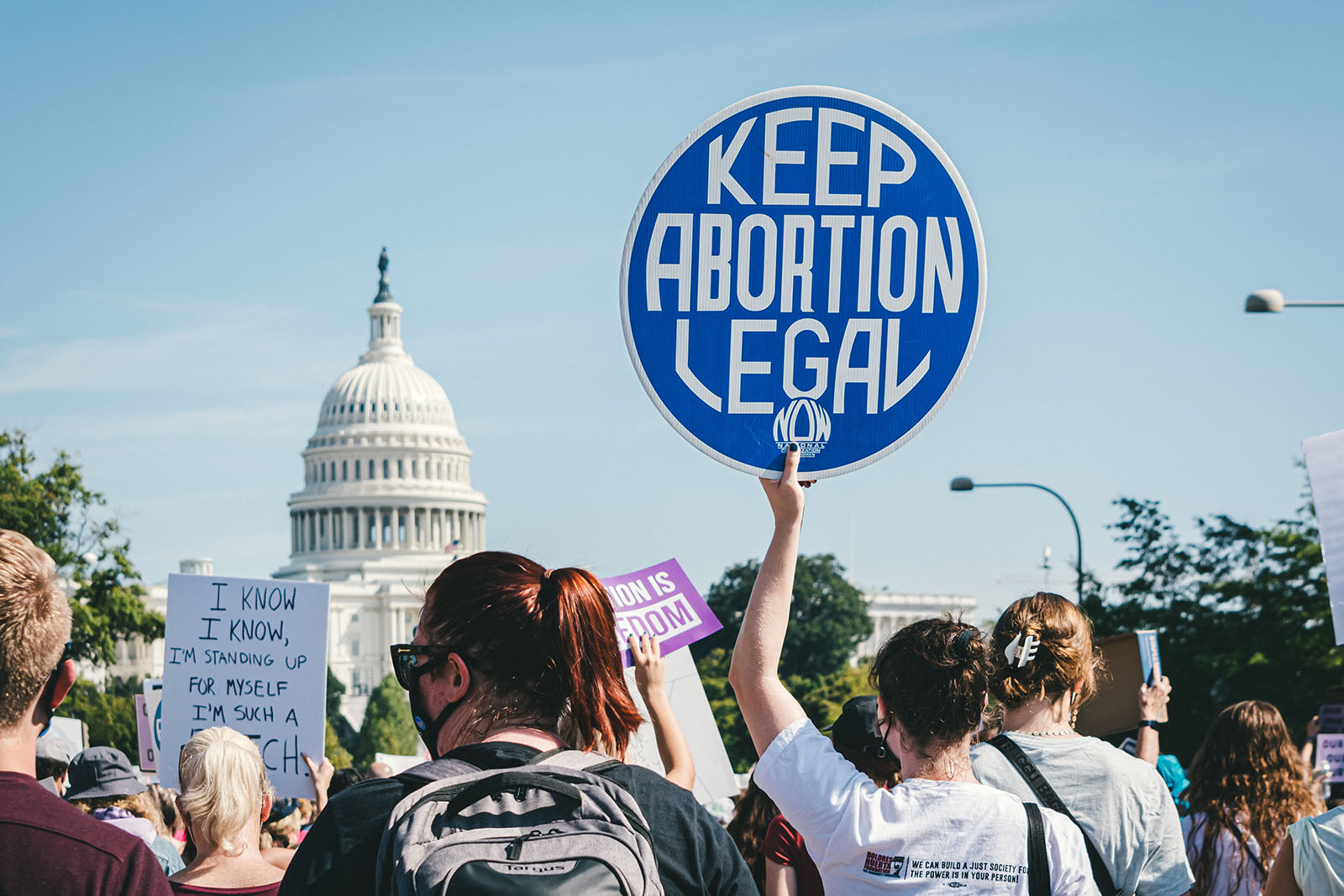Reference




OpenAI's Answer
Some feminist scholars' criticisms of the Supreme Court's decision in Roe v. Wade revolve around both the legal reasoning behind the decision and its implications for women's rights. Here are a few key points of critique:
-
Legal Reasoning and the Right to Privacy:
- Feminist scholars like Justice Ruth Bader Ginsburg have argued that Roe v. Wade was based on a relatively weak legal foundation because it grounded the right to an abortion in the right to privacy rather than in equal protection or women's autonomy. Critics argue that this emphasis on privacy did not fully capture the issue of women's reproductive rights and their broader implications for gender equality.
- For more details, see The Rhetoric of Roe v. Wade: When the (Male) Doctor Knows Best.
-
Limitation on Political Momentum:
- Justice Ginsburg also critiqued the decision for potentially stalling the momentum of the reproductive rights movement. She suggested that if the Court had not intervened so decisively, the movement might have continued building more enduring support for abortion rights at the state and grassroots levels.
- An overview of this argument can be found in Justice Ruth Bader Ginsburg Offers Critique of Roe v. Wade.
-
Perception of Women's Autonomy:
- Some scholars criticize Roe v. Wade for not adequately framing the decision around women's autonomy and equality. They believe that framing the right to abortion as an essential aspect of gender equality and women's autonomy would have provided a stronger, more resilient foundation for reproductive rights.
- You can delve deeper into this critique by reading How Roe v. Wade Endangers Women's Autonomy.
-
Choice of Case to Settle the Issue:
- Critics including Justice Ginsburg have expressed concerns that Roe v. Wade was not the ideal case to establish such a crucial precedent. The case came from Texas, a state with restrictive laws, and this dramatic intervention may have caused backlash that hardened opposition to abortion more than a more incremental approach might have.
- For additional insights, refer to the Washington Post's discussion on Ginsburg's critique.
These critiques underscore important nuances in how legal decisions can shape and potentially limit movements for social change, especially concerning women's rights and gender equality.
Follow Up
Related
elizabeth line, tottenham court road described
Which states are holding elections for Supreme Court justices?
What did the Supreme Court's decision focus on regarding Elonis' case?
What are the major Supreme Court cases impacting commercial advertising and speech?
What role did the federal court play in school integration during 1957?